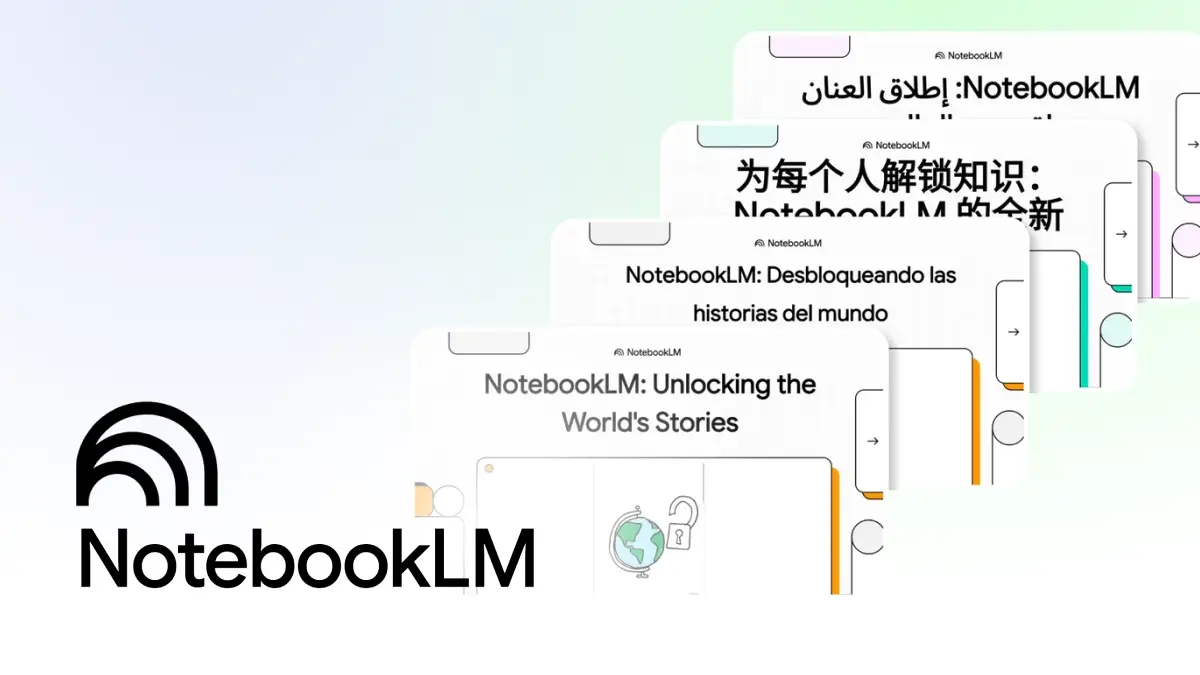Forget about the myth of unproductive employees in hybrid work and remote work settings.
66% of hybrid and remote managers say productivity has improved since adopting the new working model, and 98% now trust their team to work even on non-office days.
A new survey we conducted reveals how managers of hybrid and remote teams do so with much more ease, enjoyment, and outstanding productivity than other media has us believe.
Here’s what we learned from “Myth VS. Reality: Remote and Hybrid Managers Report High Productivity and Trust”:
- 66% of managers saw increased productivity, and 48.5% said productivity has ‘significantly improved.’ Only 2% saw a decrease in productivity. Managers said their own productivity has significantly improved (38%) and not decreased (96%)
- 98% say they trust their teams to be productive on non-office days. Only one respondent (out of 200) said they didn't.
- Contrary to popular belief, 77% of managers find it easy, and 62% find it enjoyable or very enjoyable to manage remote teams.
- Managers report that employee satisfaction and morale (60%) is a major benefit of remote work, alongside a reduction in commute time and stress (54%), improved work-life balance (53%), increased productivity (35%) and an expanded talent pool (30%.)
- Asked to return to the office full-time, 15% of employees would consider looking for a new job, and 59% would return if needed. Only 26% would happily return to the office.
Productivity has significantly improved in hybrid and remote teams
Does the media narrative strike you as overwhelmingly critical of hybrid and remote work? You’re not alone. But contrary to widespread skepticism, the survey findings demonstrate an overwhelmingly positive reality for managers embracing hybrid remote work.
66% of randomly selected managers experience improved performance levels, of which 48.5% said productivity has ‘significantly improved,’ dismantling the belief that physical presence is essential for optimal productivity. With 31% of managers saying productivity has remained the same, only 2% saw a decrease in productivity. How’s that for a positive outlook?

Productivity, how effectively an individual accomplishes a task, is highly debated in hybrid and remote working models. The results from this FlexOS survey align with studies by Microsoft and others that productivity doesn’t suffer from distributed work, but many still believe the opposite.
Measuring productivity has always been challenging, often relying on self-reporting or activity-based metrics that may not accurately reflect the desired productivity. This leads to "productivity paranoia" between companies and employees. The fact is, productivity isn’t a real challenge, and companies should embrace this.
Trust in teams is equally high
The survey also reveals high levels of trust in hybrid and remote work environments.
A remarkable 98% of managers said they’re confident in their teams' ability to deliver results on non-office days. Wow. This goes directly against the conventional wisdom that remote work breeds doubts about employee productivity. And here’s how it breaks down: 60% said they trust their employees completely, and 37% mostly.

Managers’ trust is also supported by the fact that only 26% of hybrid and remote managers use time-tracking software, and 36% use productivity-tracking software. Most managers measure productivity by completed work, followed by regular check-ins.

Ready for more remote work myth-busting?
Contrary to popular belief, remote work has proved easier and more enjoyable for managers, with most embracing the benefits of flexibility and remote collaboration: 77% find it easy, and 62% find it enjoyable or very enjoyable.

Remote teams are happier, have less commute stress, and have a better work-life balance
Asked about the key benefits managers have experienced since switching to a hybrid or remote working model, managers highlight the positive impact on their teams. 6 out of 10 managers agree that employee satisfaction and morale have improved. 54% tout the reduction in commuting-related stress, and 53% say improved work-life balance for team members is a key benefit.

Managers also positively highlight the ability to attract and retain top talent (18%) and access to an expanded talent pool with diverse skills (30%.) This is even more applicable for fully remote managers, who feel 21% more strongly that they have an extended talent pool.
This sentiment echoes findings from remote companies like Airbnb that they have become much more attractive to more people after moving to a more flexible work model.
“Ultimately, I don't believe that CEOs can dictate how people work. The market will. The employees will. Flexibility will be the most important benefit after compensation.” – Brian Chesky, founder and CEO of Airbnb.
Challenges do exist – and they’re very human
The above doesn’t mean there aren’t challenges for managers. There are.
Asked what their largest challenges are in hybrid and remote team management, leaders answered universally that distractions at home bug them, especially kids and other family members.

A lack of face-to-face interactions results in delays and miscommunication. Managers wish there would be more opportunities for personal interaction because understanding and managing emotions without face-to-face interaction was mentioned as a challenge.
In third place of the most common challenges… “wait, you’re breaking up.” Yes, it’s technological or connectivity issues. Managers told us this can be frustrating since they cannot control people’s home internet. We hear you…
Technology is more important than ever
Speaking of technology: it plays a massive role in managing remote teams.
The most commonly used technology when managing hybrid and remote teams are video conferencing (88%), collaboration and document sharing platforms like Microsoft Teams (60%), instant messaging tools (46%), time tracking software like Time Doctor and Clockify (26%), and project management platforms like Monday.com and Clickup (25%).
Compared to hybrid managers, remote managers are more likely to utilize a dedicated Instant Messaging platform and project management tools but less likely to use time-tracking software. This builds on the previous finding that remote managers feel confident in their team doing the work.
How can companies help their remote managers?
Companies have used wellness programs (50%), knowledge-sharing initiatives (37%), virtual career development (36%), team-building activities (35%), and dedicated 'water cooler' channels (31%) to engage remote employees.
But if you ask remote managers, they really want more remote management training and better technology: 1 in 2 managers want to learn more about managing their distributed teams best. A similar amount wants better technology, including project management and collaboration tools. Only 15% of managers said they have all the knowledge and tools they need.

How about the office then?
Asked to return to the office full-time, 15% of employees would consider looking for a new job, and 59% would return if needed. Only 26% would happily return to the office.
It’s not that people don’t want to be in an office ever. We often need a space to focus and to collaborate with our colleagues. We just don’t want to be in the office all the time, and this survey shows that again.

The increased importance of managers
The survey focused on managers because while the media often speaks about companies' challenges in managing hybrid and remote work, especially CEOs like Elon Musk, solving these problems is up to managers.
“Managers play an increasingly outsized role in organizations because they create social capital and serve as connection points between upper-level leadership and employees.” – Daan van Rossum, CEO of FlexOS.
Recent Humu research backs this up: effective managers are 2.2x more likely to retain top talent, create 78% more psychological safety – the most significant predictor of team effectiveness, and 22% higher employee engagement.
Let’s conclude
These survey results demand reevaluating how we think about hybrid and remote work.
We encourage organizations to embrace remote work's transformative potential and recognize its inherent benefits to productivity, employee satisfaction, and trust-building.
About the Study
The survey was conducted through the Pollfish panel of 200 hybrid and remote managers in the USA across all age ranges above 24 years old, seniorities, and industries. The survey ran in June 2023.
Respondents were invited using a double opt-in: they confirmed their interest, created a profile via a verification process, joined the respondent pool, and were invited to take the survey as they fit the targeting criteria.























